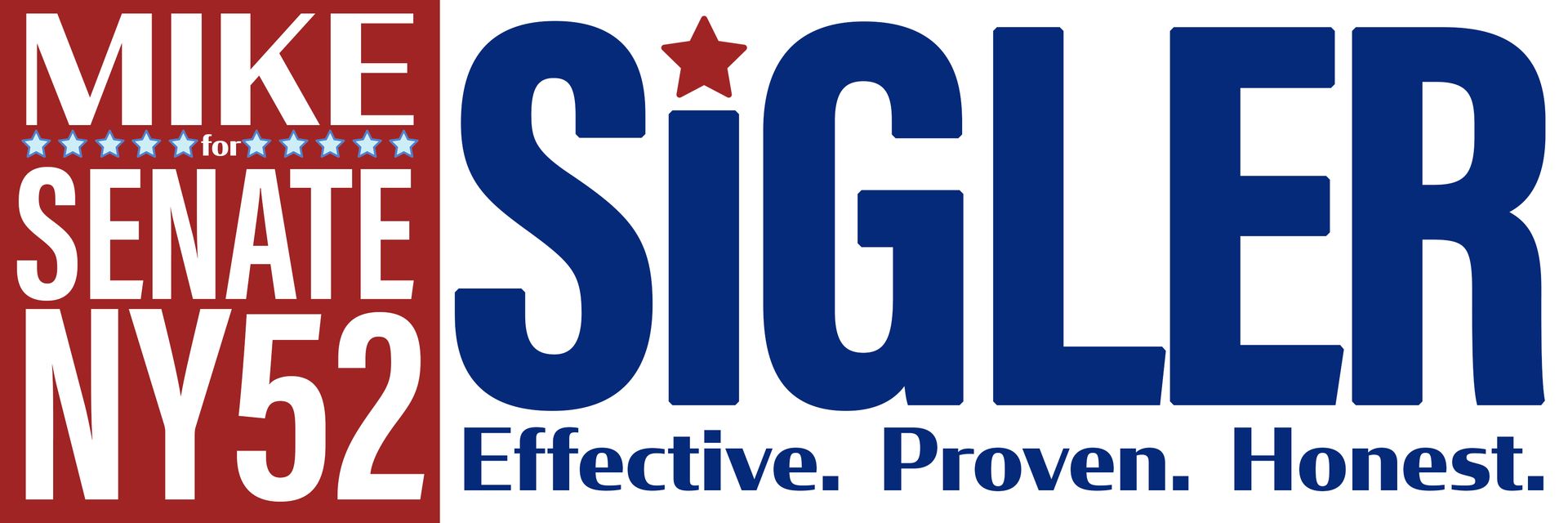NYS BUDGET
The state budget continues to languish in Albany, 21 days late as of this writing. A major hangup is bail reform. Governor Kathy Hochul wants to return more discretion to judges on setting bail. The legislature opposes that, even for violent felons. Right now, judges are required to impose “the least restrictive means,” when setting bail. Under a proposed deal, that would be removed, but bail would continue to be used strictly as a means to get a defendant to return to court. This would in effect be no change from today, but will allow both sides to save face.
Most voters see bail reform as a failure, with a rising crime rate in New York state. Defenders say serious crime has not gone up and that bail reform has been a success with fewer people in jail. The numbers don’t bear that out and show a rise in many crimes in New York City. More than 170,000 felony crimes were reported in NYC last year, the most in 15 years. That’s up 23 percent in a year (NY Post 2/12/23). Thankfully, murders were down, but the total is all felony level crimes.
It will be difficult to tell the whole story based on the numbers because we’re now comparing apples to oranges. Many police officers have stopped arresting people for crimes if they suspect the person will just be released. Why even give an appearance ticket if you know it will be ignored? The accounting has been corrupted and if anything, the rise in lower-level crimes is undercounted.
Judges are our front-line workers. If an Emergency Medical Technician showed up at an accident, we wouldn’t say, take a look around, but don’t take any action. That’s what we’ve done with judges. Judges will not always get it right. The worst cases of getting it wrong will be splashed across the internet, but more often than not, these judges, people from your home county or area, understand the situation far better than a legislator in Albany setting a blanket policy years ago.
Proponents of bail reform believe they are doing the accused a favor. I’d suggest in many cases, a path forward is better determined by a judge who’s on the case in real time. These policies have harmed not just the victim and community, but the accused. The accused in many cases are on a downward spiral. With unchanged “bail reform”, an opportunity to stop that spiral is lost. The accused are not given a chance to pause their behavior, leading them away from a more serious charge for a new crime.
The legislature is arguing over other issues as well, pushing this budget to be the latest in 13 years. One issue the majority doesn’t seem to be arguing over is the total cost. Last year the budget was $220.4 billion. The Senate is proposing $236 billion, the Assembly almost $233 billion, the governor $227 billion. It’s a safe bet the $236 billion will prevail, $16 billion more than just last year when the Democratic Party took full control of the state in 2018, the 2018-2019 budget was $168.2 billion. In five years, they’ve added almost $68 billion dollars in spending. That money came from somewhere; it came from you.
For decades promises have been made, like universal healthcare, which have floundered because of the cost. Looking at this five-year spending, these promises have failed not because of funding, but because they are not priorities. It’s a pattern. Under bail reform, you are not the priority, the accused is. For too long, politicians have obscured the cause and effect of policies, claiming success in Albany, while we struggle at home. Electricity prices high? We’re told it’s not the government policies of increased demand and cuts in supply. Children struggling in school? We won’t address that; we’ll change the standard to a “new normal.” Gas prices up? “It’s not the gas tax. We need that tax to repair the roads,” as you slam into a pothole the state is naming Letchworth two. Taxes up? “It’s not us, it’s the other guy.” That $236 billion comes from you. Are you seeing the return on that investment?
Bail reform has in part held up the budget, but shouldn’t it be held up over the sheer size and the question, are we getting our money’s worth? You may support universal health coverage or not, but I can think of worse ways to spend $68 billion and this democratic legislature has spent five years doing just that. These problems may seem insurmountable, but they’re just challenges we can overcome. We can make this better if we focus on priorities that benefit most New Yorkers.


